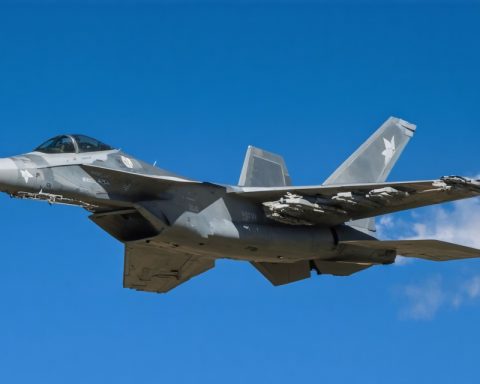
Firefighters Leap into the Inferno: Behind the Scenes of High-Stakes Emergency Drills at Chennault International Airport
Chennault International Airport conducts intensive firefighter training exercises to prepare for worst-case scenarios involving aircraft fires. This training highlights the high stakes of aircraft




















